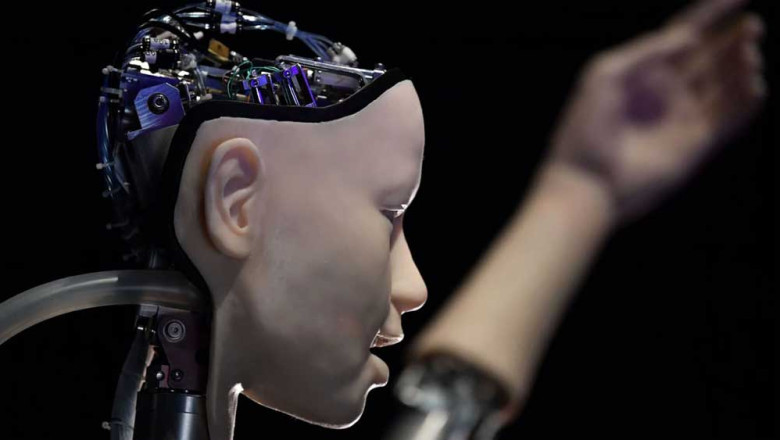
views
AI Art Generators Spark Multiple Copyright Lawsuits
A group of artists are suing AI art generators Stability AI, Midjourney and DeviantArt for using their work to train AI tools.
The first-of-its-kind suit accuses the companies of copyright infringement for using billions of images downloaded from the internet without artists’ consent. “Until now, when a purchaser seeks a new image ‘in the style’ of a given artist, they must pay to commission or license an original image from that artist,” reads the proposed class action filed on Friday in California federal court. “Now, those purchasers can use the artist’s works along with the artist’s name to generate new works in the artist’s style without compensating the artist at all.”
Related Stories
Bruce Gowers, Director on Queen's "Bohemian Rhapsody" Music Video and 'American Idol,' Dies at 82
Nickelodeon Voluntarily Recognizes Production Workers Union
Stability’s AI’s Stable Diffusion, which creates images in response to text prompts, is incorporated into the company’s AI image system DreamStudio, DeviantArt’s DreamUp and Midjourney. They allow users to create images based off of the artists whose works were used to train the art generators’ algorithms. Getty on Monday sued Stability AI in the UK for illegally copying and processing millions of its copyrighted images.
“Getty Images provided licenses to leading technology innovators for purposes related to training artificial intelligence systems in a manner that respects personal and intellectual property rights,” said the company, which prohibits the sale of AI generated art, in a statement. “Stability AI did not seek any such license from Getty Images and instead, we believe, chose to ignore viable licensing options and long‑standing legal protections in pursuit of their stand‑alone commercial interests.”
Stability AI countered in statement that “Anyone that believes that this isn’t fair use does not understand the technology and misunderstands the law.“
Whether AI programs, built on models that analyze the patterns of copyrighted works, violate the intellectual property rights of artists is up in the air. Engineers build AI art generators by feeding algorithms large databases of images downloaded from the internet without licenses. The artists’ suit asks whether the AI firms infringed on the copyrights of artists by using copyrighted works to train AI tools and when consumers used the art generators to create new works. It also asks whether the conduct is protected under fair use, which allows for use of protected works without permission as long as they are transformative.
The suit was filed by the Joseph Saveri Law Firm, which is representing programmers in a similar proposed class action against Microsoft, Github and OpenAI. They claim that the billions of lines of computer code that the companies’ AI technology analyzes to generate its own code constitutes piracy.
The artists argue that the practice of harvesting their work to build AI models constitutes copyright infringement. “Defendants are using copies of the Training Images interconnected with their AI Image Products to generate digital images and other output that are derived exclusively from the Training Images, and that add nothing new,” reads the complaint, noting that the new work “substantially negatively impacts the market for the work of Plaintiffs and the Class.”
The suit claims copyright infringement and violations of the Digital Millennium Copyright Act, which criminalizes practices intended to circumvent measures that control access to copyrighted works. It stresses that the AI companies removed copyright management notices, the title naming the allegedly pilfered works and other identifying information to “conceal infringement of copyright.” It also alleges right of publicity, which protects against unauthorized uses of a person’s name or likeness for commercial purposes, unfair competition and breach of contract.
Midjourney and DeviantArt didn’t respond to requests for comment.













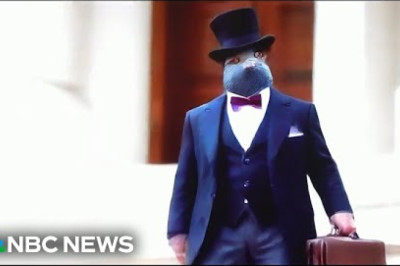
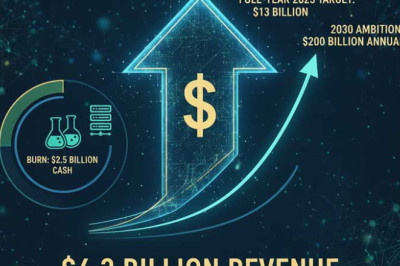
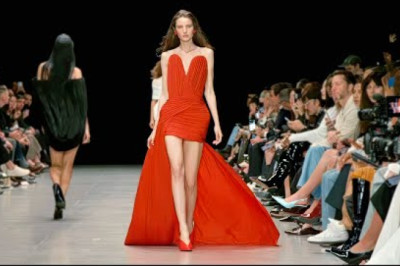
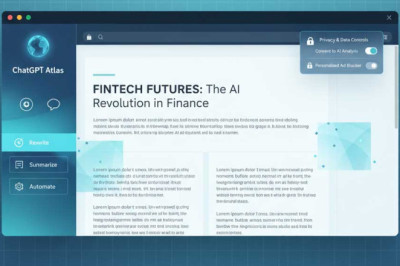
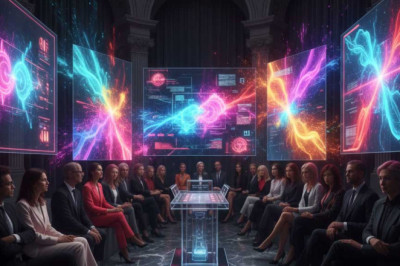
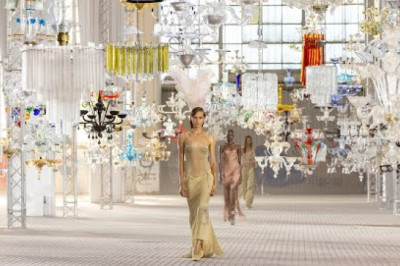
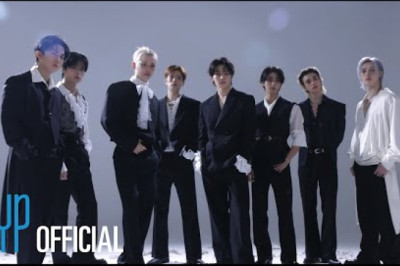
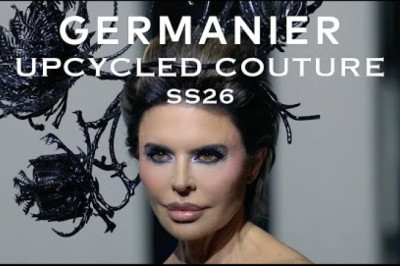
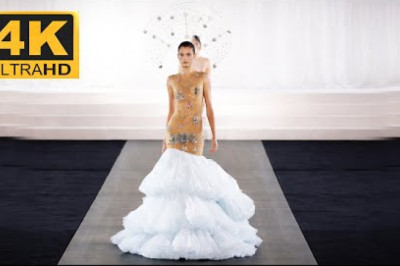
Comments
0 comment